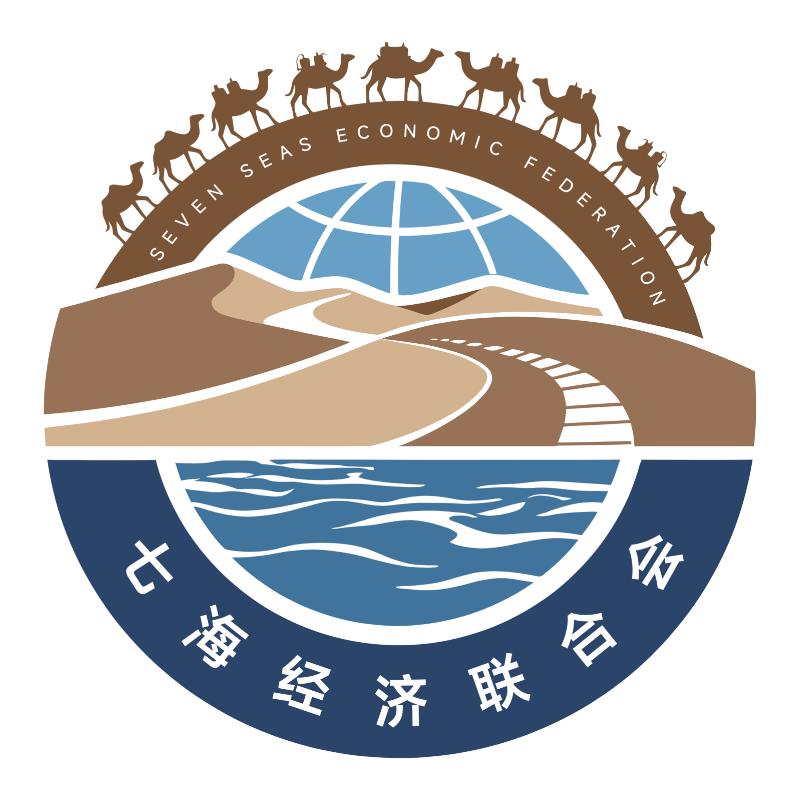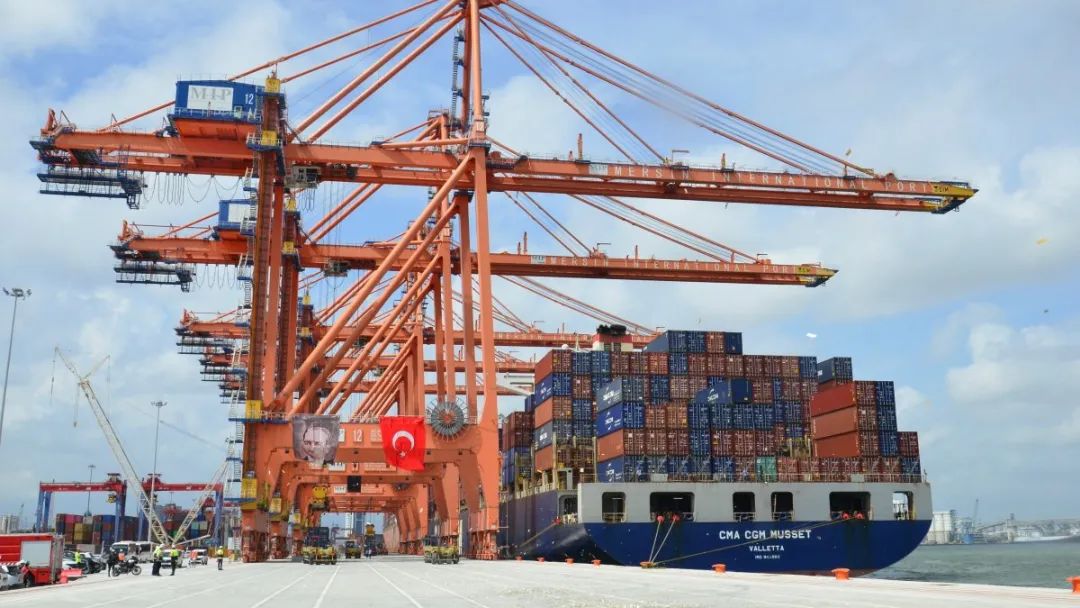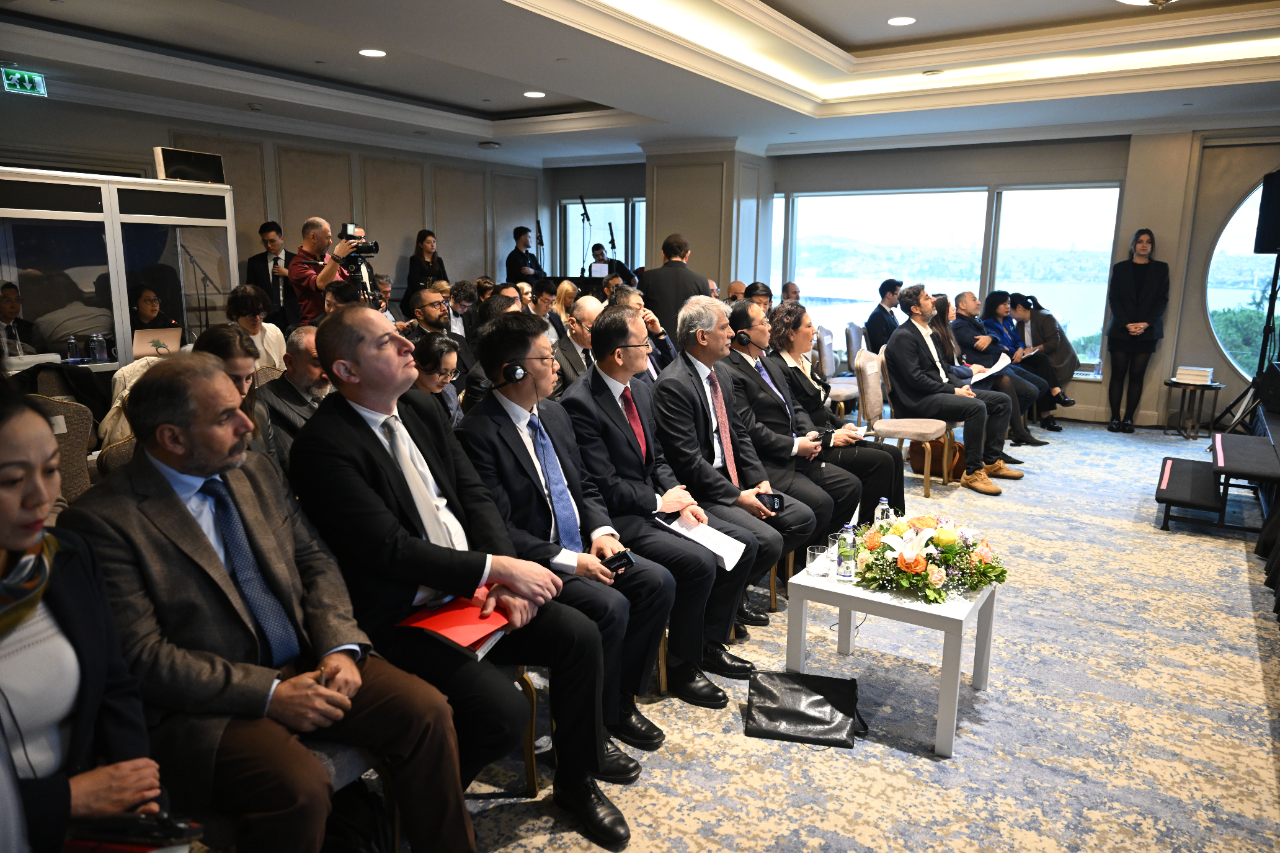China Turkey Economic and Trade Cooperation
Bilateral trade between China and Turkey
China is Türkiye's 17th largest export market and the second largest source of imports. ① In 2019, the bilateral trade volume between China and Turkey was 21.08 billion US dollars, a year-on-year decrease of 10.7%. Among them, Türkiye's export to China was 2.59 billion US dollars, down 11.2% year on year, accounting for 1.5% of Türkiye's total export, down 0.2 percentage points year on year; Türkiye's import from China was US $18.49 billion, down 10.7% year on year, accounting for 9.1% of Türkiye's total import, down 0.2 percentage points year on year. The trade deficit between Türkiye and China was US $15.9 billion, down 10.6% year on year.
Türkiye mainly imports mechanical and electrical products, textiles, raw materials and chemical products from China. In 2019, the total import volume of the three commodities was 13.19 billion US dollars, accounting for 71.3% of Türkiye's total imports from China, of which mechanical and electrical products accounted for nearly half of the total imports. In addition, base metals and products, plastic rubber, etc. are also the main categories of commodities (HS) imported from China by Türkiye, with the proportion of more than or close to 5%. The top three products Türkiye exports to China are mineral products, chemical products and electromechanical products, accounting for 51.2%, 10.7% and 7.0% of Türkiye's total exports to China respectively. At present, the bilateral trade between China and Türkiye continues to decline, which is about 6 percentage points higher than the overall decline of Turkey's foreign trade. In 2019, Türkiye exported US $1.32 billion of mineral products to China, down 10.4% year on year; The export of chemical products decreased by 28.8% year-on-year; The export of electromechanical products decreased by 21.3% year-on-year. In the same period, Türkiye's exports of food, animal and plant products to China rose against the trend, with year-on-year growth rates of more than 20%, which is one of the few major categories of products that have maintained growth in exports to China, but the absolute amount is low. China's share of imports in Türkiye has gradually declined, and bilateral trade between China and Turkey needs to find new growth drivers.
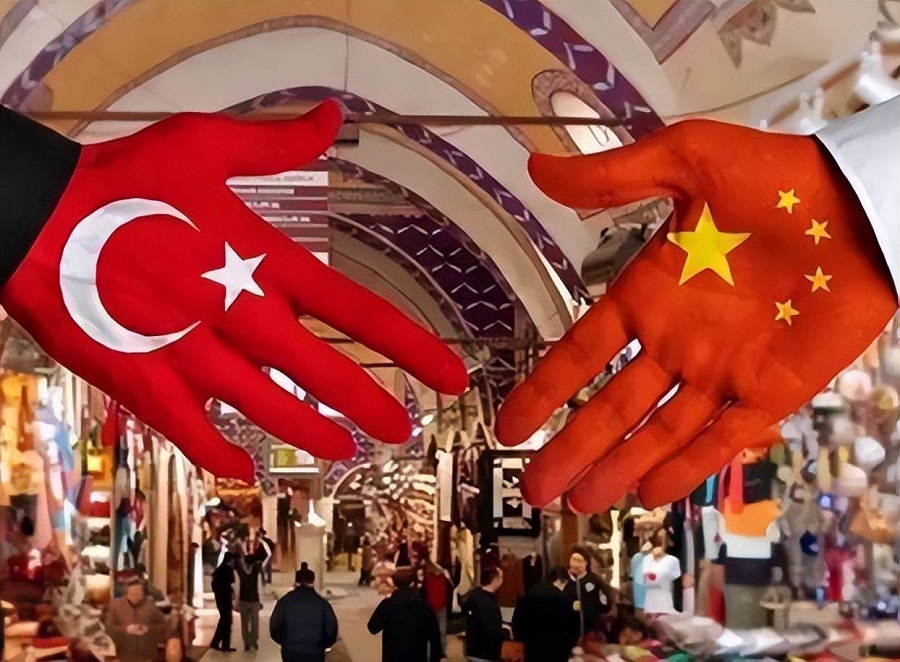
2 Overview of China's investment in Türkiye
Before 2016, Türkiye's political situation was generally stable, its economy was developing rapidly, and its investment environment was improving day by day. It was favored by foreign investors, especially European investors. From 2016 to 2017, due to a combination of factors such as changes in the central government, attempted military coups, constitutional referendum, and deteriorating security situation, the economic growth rate slowed down. In 2018, the relationship between Türkiye and the United States deteriorated, and the exchange rate crisis broke out in the same year. In October 2019, the United States took sanctions against Türkiye. China's investment flow to Türkiye fluctuates significantly. In 2019, the flow of China's direct investment in Türkiye was US $12.76 million, down 90.6% year on year, and the cumulative stock of direct investment in Türkiye was US $1.75 billion ②. In the first half of 2020, China's direct investment in Türkiye was US $18.37 million, a year-on-year increase of 177.1%, and the stock of direct investment reached US $2.67 billion.
In terms of investment industry, according to the Türkiye Investment Office, there are more than 1000 Chinese enterprises investing in Türkiye, including ICBC, Bank of China, Huawei, ZTE, China Merchants Group, CIC and other large enterprises. ② Chinese enterprises' investment in Türkiye is mainly concentrated in manufacturing, mineral development, infrastructure construction, wholesale and retail and other fields. The main projects include Kumport Terminal, ACT Airlines and MRO aircraft maintenance plant, Huawei Istanbul R&D Center, Shanghai Aerospace Electromechanical Photovoltaic Equipment Plant, EMBA Hunutru Power Plant, etc. But in other fields, especially in the service industries such as finance, real estate, tourism, warehousing and logistics, the investment proportion is relatively small.
In recent years, with the deepening of practical cooperation between China and Türkiye under the framework of the "the Belt and Road", the "the Belt and Road" initiative has gradually become deeper and more practical. In addition to participating in hydropower and thermal power construction in Turkey, Chinese enterprises have also strengthened cooperation with Turkey in nuclear, solar, wind and other new energy fields.
3. China Turkey Economic and Trade Cooperation Mechanism
The establishment of the China Turkey Intergovernmental Cooperation Committee mechanism is an important consensus reached by the heads of state of China and Turkey, aimed at coordinating and promoting cooperation in the four major fields of politics, economy and trade, security, and humanities, and resolving major issues in bilateral relations. In 2016, Wang Yang, then Vice Premier of the State Council and Chinese Chairman of the China Turkey Intergovernmental Cooperation Committee, co chaired the first meeting of the China Turkey Intergovernmental Cooperation Committee with Shimsek, then Turkish Chairman. At the meeting, both sides expressed their willingness to maintain the momentum of high-level mutual visits, continue to support each other on issues related to each other's core interests, strengthen communication and coordination in international affairs, continuously build the foundation of political mutual trust, and safeguard the common interests of the two countries and the vast number of developing countries.
4. Exchange and Cooperation between the Chinese Civil Engineering and Business Circles
In May 2010, Türkiye Chamber of Commerce for Chinese Enterprises was established under the initiative and promotion of the Economic and Commercial Office of the Chinese Embassy in Türkiye. The Chamber of Commerce is composed of 21 member units, with a board of directors and a secretariat. China Railway Jian'an Kala Branch serves as the chairman and chairman unit.
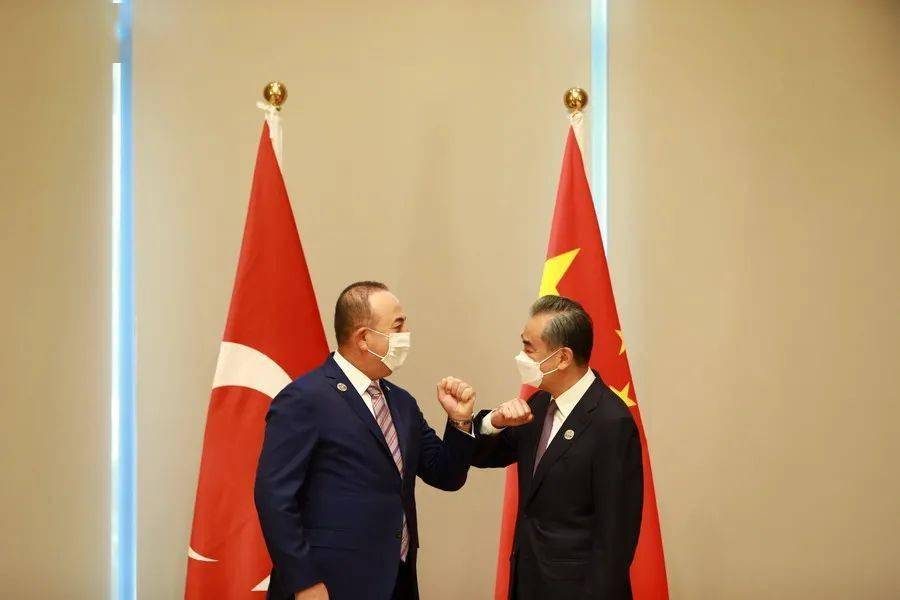
Istanbul Industrial Association
The Istanbul Industrial Association is the largest industrial chamber of commerce in Türkiye. In 2019, the Istanbul Industry Association had 18000 member enterprises, including 36% of the top 500 enterprises in Türkiye, whose output value accounted for about 35% of Türkiye's total industrial output value and 40% of total industrial added value.
Istanbul Chamber of Commerce
Established in 1882, the Istanbul Chamber of Commerce is the second largest chamber of commerce in Türkiye. The Istanbul Chamber of Commerce encourages industrial and service enterprises to develop rapidly, and helps its member enterprises to solve the structural problems they face in business by providing necessary guidance such as training and consultation, which plays an important role in promoting the development of Türkiye's international trade.
TUSIAD
Türkiye Chamber of Commerce and Industry was established in 1971 as a non-governmental organization composed of private enterprises in Türkiye, with its headquarters in Istanbul. More than 4000 member enterprises of the Association contribute 80% of Türkiye's total foreign trade, 50% of its economic profit, 80% of its tax revenue, and 50% of Türkiye's non-government and non-agricultural labor force.
